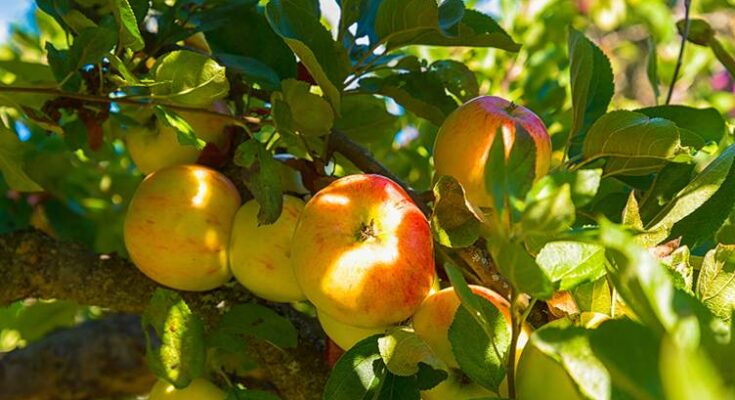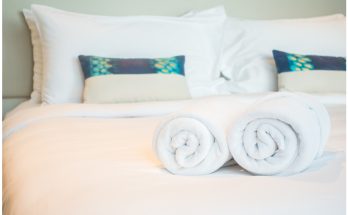Buying fruit trees from a flower shop in Singapore seems simple, but rushing the decision leads to poor results. Not every shop sells healthy plants, and not every tree thrives in your space. Knowing what to check before purchasing helps avoid wasting time and money.
1. Choose Shops Specialising in Plant Sales
Not every flower shop offers the same quality when it comes to fruit trees. Some focus on cut flowers or floral arrangements, offering limited expertise in plant cultivation. Prioritising shops actively selling potted plants increases your chances of finding healthier trees. Look for retailers showing clear knowledge of fruit-bearing species and proper growing conditions.
Ask the staff about soil preferences, watering schedules, and pruning techniques. If their answers lack specifics, consider shopping elsewhere. Fruit trees require care from the start. Early neglect from sellers can lead to weak stock or future growth issues. Evaluate overall plant health. Strong stems, rich foliage, and disease-free appearance signal better care and longer-lasting trees.
2. Inspect Leaf Health and Root Condition
Healthy leaves signal active photosynthesis and resilience. Leaves should appear rich in colour without yellowing or browning tips. Curling, spotting, or holes may signal pest infestation or nutrient deficiency. Avoid trees with leaf damage, even if flowers or fruits appear attractive.
Lift the pot carefully, if permitted, to assess the root system. Roots should appear white and fibrous, spreading evenly through the soil. Blackened, mushy, or overly packed roots indicate waterlogging or restricted growth. A good flower shop allows inspection before purchase. Clear root visibility ensures you avoid transplanting problems after bringing the tree home.
3. Check Plant Labels for Species and Cultivars
Shops selling fruit trees often label plants with species names and care guidelines. Look for scientific names and cultivar details. Not all fruit trees suit every environment. Some require colder conditions or stronger sunlight than typical tropical climates provide.
Ensure the label includes fruiting timelines, sunlight preference, and spacing recommendations. If labels lack clarity, staff should answer without hesitation. Knowledgeable sellers understand local growing conditions and recommend species performing well in Singapore’s climate. Stick to dwarf or container-friendly varieties if growing in limited spaces or balconies.
4. Avoid Flower Shops with Overcrowded Displays
Flower shops that crowd plants together reduce airflow and increase humidity levels, encouraging pests and diseases. Trees placed too close tend to compete for light, stunting early development. Avoid shops with visible mildew, algae, or pests around display pots.
Prioritise shops showing signs of regular maintenance. Clean floors, spaced plants, and well-watered pots reflect good practice. Trees growing in less-than-ideal conditions rarely recover well after relocation. Responsible retailers understand the requirements of healthy fruit trees and demonstrate this through display arrangement.
5. Confirm Local Growing Suitability
Not all fruit trees thrive in urban settings or container environments. Before making a purchase, confirm the tree suits your intended growing location. Small patios or balconies require compact, self-pollinating varieties. Large gardens may support multiple species, but space and cross-pollination still matter.
Discuss your available space and sunlight exposure with the flower shop. Sellers familiar with city gardening provide practical advice on spacing, pruning, and pot sizes. Singapore’s high humidity and rainfall also impact disease resistance. Ensure chosen trees tolerate excess moisture and offer resilience against tropical pests.
6. Ask About Post-Purchase Support
Buying a fruit tree involves ongoing care. Ask if the flower shop provides after-sales support or maintenance advice. Reliable sellers offer follow-up tips, seasonal guidance, and access to pest control solutions. Some even provide soil mix or fertiliser bundles.
A seller offering clear instructions on watering, sunlight, and pruning schedules increases your success rate. It shows commitment beyond the transaction. Avoid shops that rush sales or show little interest in follow-up. Fruit trees live for years, and buying from an informed, supportive seller gives better returns long term.
Contact JM Flower for expert advice and quality options if you’re looking for a trusted flower shop in Singapore offering fruit trees and home-growing support.




